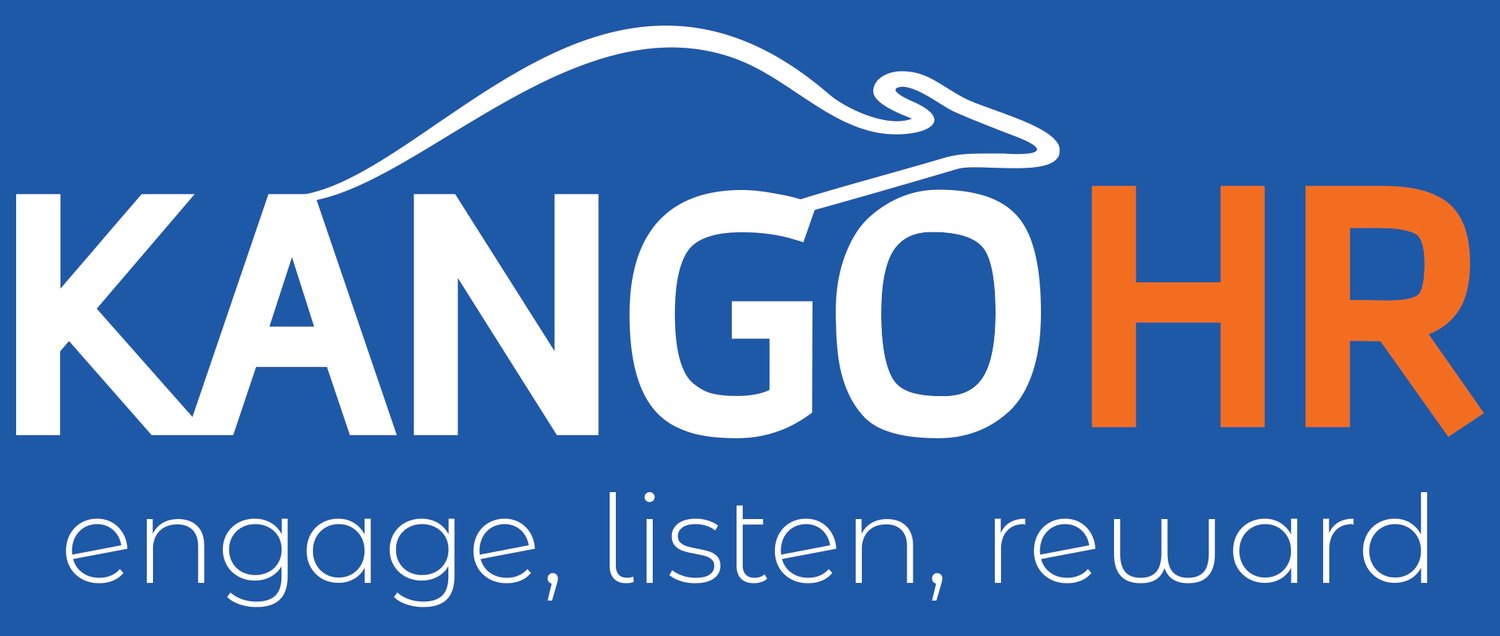Personalize Your Rewards Programs
“It’s the Most Wonderful Time of The Year” for the human resources leaders I am talking to at this time. We all say that with a bit of gallows humor of course. Once again, we have to set budgets and determine where we can spend that dollar, which really requires a dollar and a half. One item that is always on the block for some reason is the employee reward program. More specifically the key part of it that recognizes employees for achieving key human accomplishments such as anniversaries with the organization among other things.
The desire to remove the most human part of employee recognition never ceases to confuse me. One of the central reasons for having a rewards program is to say, among other things, “you’re not a cog in the machine.” Now some distracted organizations are saying pretty clearly, “you are a cog in the machine.” Simply put, some human resources departments find themselves fighting to keep recognition programs, specifically recognition around recognition of specific life events.
Fortunately both employees and organizations that value their employee's sanity and common sense are carrying the day. Best practices in employee recognition continue to be one of the key differences between good organizations that value their employees and those that do not.
There are basic best practices that apply throughout all organizations. These include the items already mentioned while also including building a stronger relationship between teammates and their managers. Let’s not forget the additional advantage of allowing management to track employee satisfaction back to the manager’s performance. This will no longer be possible if you surgically remove certain employee rewards based on human accomplishment.
It is important to remember that there is no magic wand that can be waved that will tell you how to manage your recognition programs. Some programs may want to recognize the more personal events such as a birthday while others may choose to stick with recognizing key events within the company such as work anniversaries. Also, the personal rewards should be based on the needs of the organization. What will work for a Fortune 100 company probably won't work for a small company of a dozen employees. Each program is unique and should be established accordingly.
There is also a great deal of research that shows that not only do employees like spot rewards as a matter of acknowledgement by the organization, they also like it as a matter of receiving an ideal award. It comes back to the notion that nearly everyone likes to shop and nearly everyone likes to receive tangible gifts.
There is no doubt that workers should be rewarded with these for outstanding efforts but not everyone is able to grasp the gold ring. Rewarding employees for personal accomplishments is a way of saying you matter, and we see you. It also celebrates those events which may matter only to them. This is a great way to keep the employee with the organization. A happy employee is not likely at all to leave.
The decision to keep rewarding employees for life accomplishments is one that will help drive the success of your program. When I am speaking with human resources executives each of them tells me that they not only want to keep a program that recognizes personal employee accomplishment they see it as an absolute necessity. Unless employees are recognized as human beings on a personal level, with something that makes them feel normal than the organization loses both a key motivator as well as an inducement for the employee to remain. Both of which can cost tremendous amounts.
So which is worse? Recognizing an employee’s birthday or paying to replace them?

